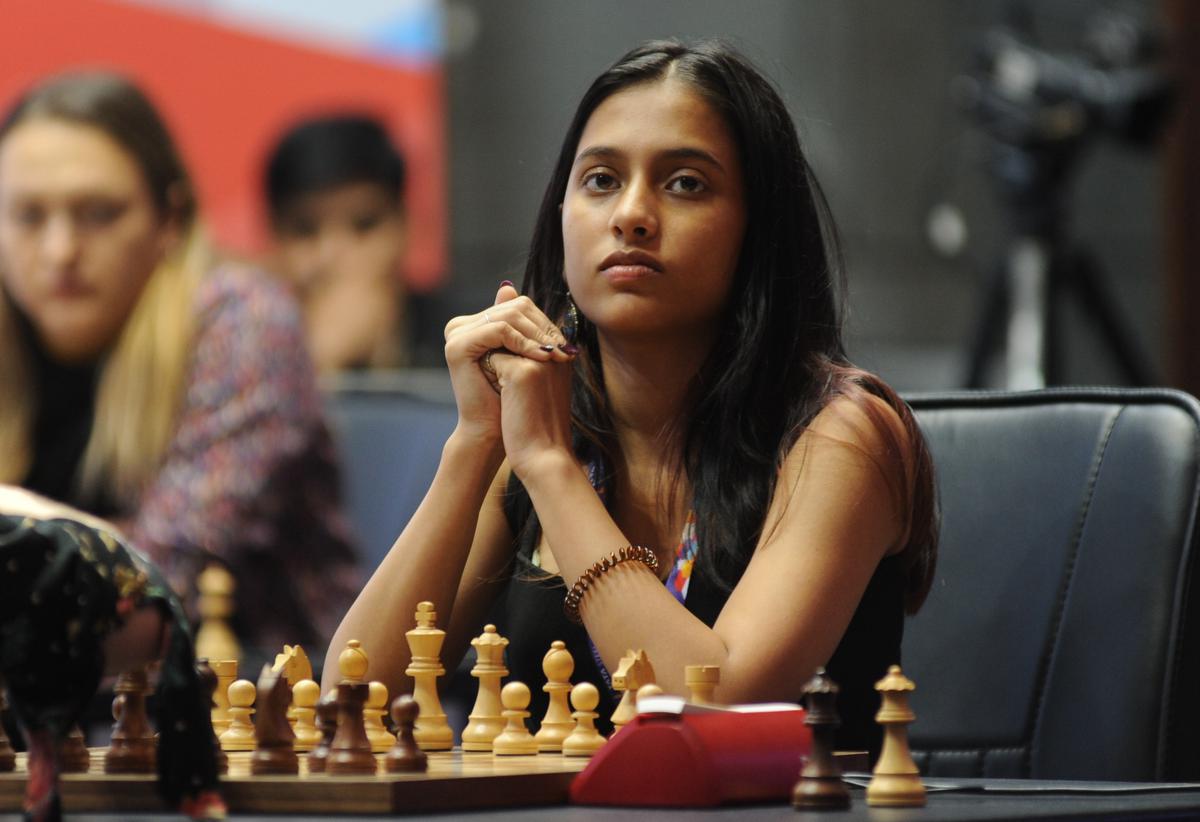Indian chess player Divya Deshmukh has recently brought attention to the issue of sexism in chess tournaments, highlighting her experiences of facing discrimination from spectators. Deshmukh, a talented young player who has represented India in numerous international competitions, spoke out about the challenges she has encountered while competing in a male-dominated sport.
During a recent tournament, Deshmukh recounted instances where she felt marginalized and disrespected by spectators solely because of her gender. She described how some spectators would make inappropriate comments or gestures, undermining her abilities as a chess player and focusing instead on her appearance or gender. This behavior not only distracted Deshmukh from her game but also created a hostile environment that made it difficult for her to concentrate and perform at her best.

SOURCE:- INDIA TODAY
Sexism in chess is not a new issue, as the sport has historically been dominated by male players. Despite efforts to promote gender equality and inclusivity in recent years, female chess players continue to face challenges and prejudices both on and off the board. The stereotype that chess is a “man’s game” persists, leading to discrimination and unfair treatment of female players like Deshmukh.
SOURCE:- NEWS18
Deshmukh’s decision to speak out against sexism in chess is commendable and sheds light on an important issue that deserves attention. By sharing her experiences, she is not only raising awareness but also challenging the status quo and advocating for change within the chess community. Her courage and determination serve as an inspiration to other female players who may have faced similar obstacles in their chess careers.
In response to Deshmukh’s allegations, organizers of chess tournaments must take proactive measures to address sexism and create a safe and inclusive environment for all players. This includes implementing codes of conduct for spectators, providing training on gender sensitivity, and taking swift action against any form of harassment or discrimination.
Furthermore, there is a need for greater representation of women in leadership positions within the chess community, including tournament organizers, officials, and coaches. By promoting diversity and inclusivity at all levels, the chess community can work towards eliminating sexism and fostering a culture of respect and equality.
Ultimately, the issue of sexism in chess requires a collective effort from players, organizers, and stakeholders to bring about meaningful change. By standing together and advocating for gender equality, we can ensure that all chess players, regardless of gender, are treated with the respect and dignity they deserve.
Share your views in the comments

